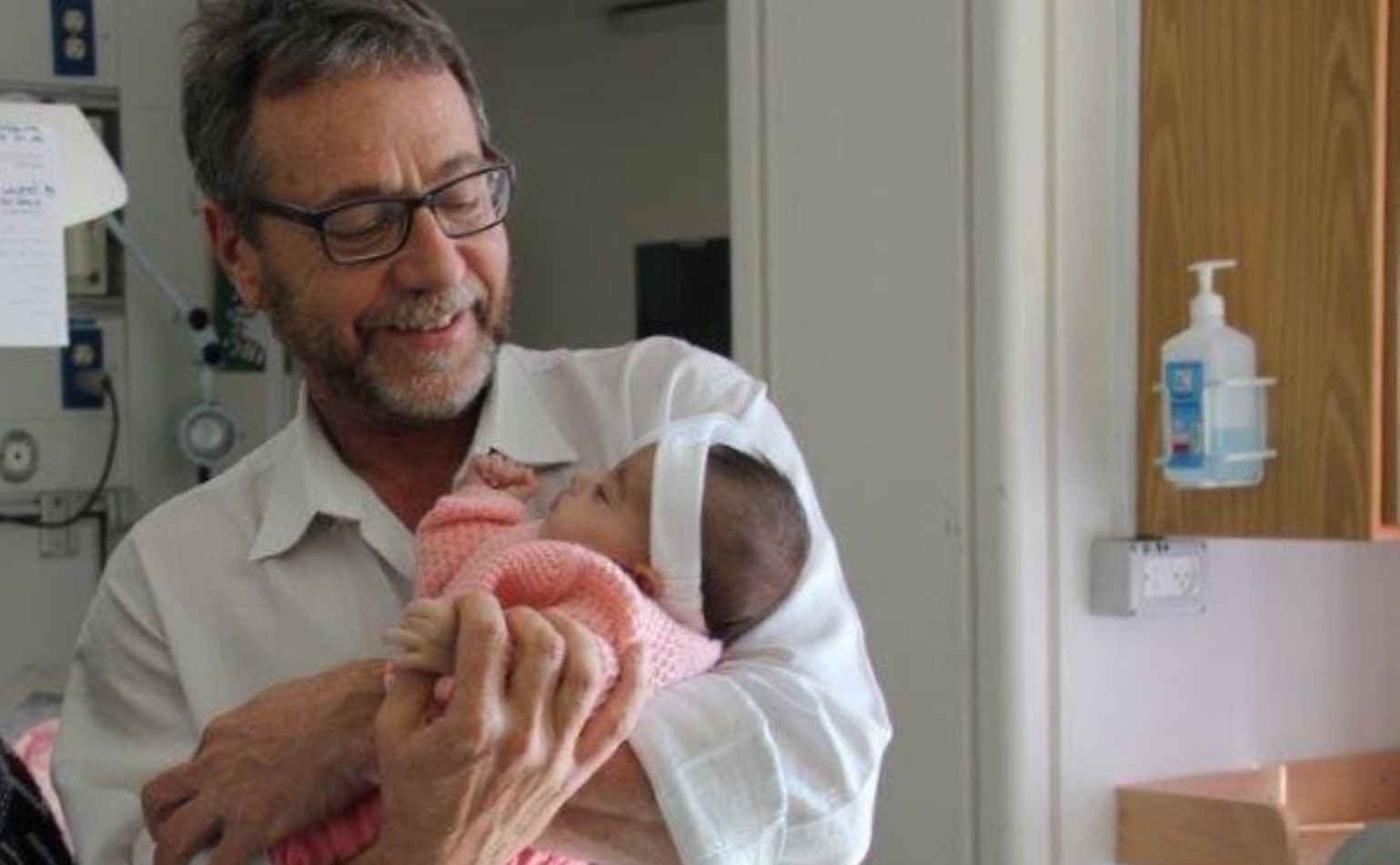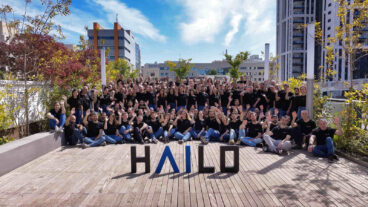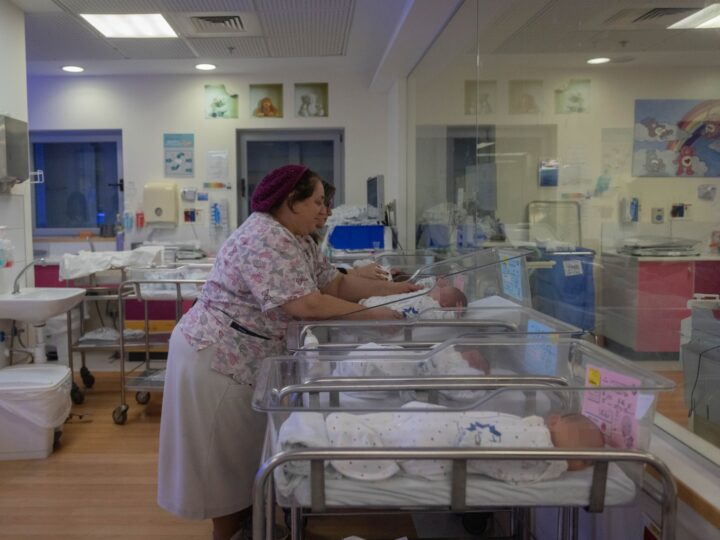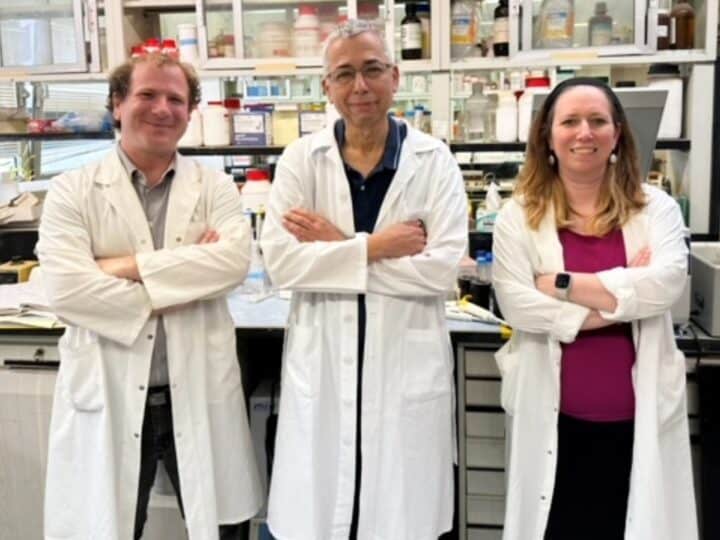Ahmed and Tamam, a couple from the Arab village of Kfar Kassam 12 miles east of Tel Aviv, named their baby girl Ibtihaj (Joy) and it’s not hard to understand why.
Ibtihaj was born with a rare defect, omphalocele, in which the intestines and sometimes other organs develop outside the abdomen in a sac. The condition was noticed on a prenatal ultrasound and their local doctor advised them to have an abortion.
“We were devastated,” said Ahmed. “The doctors we saw in other big centers also recommended an abortion. While we were absorbing this news, we happened to see a TV program about a baby with a similar problem who had been saved at Hadassah Hospital. We drove to Jerusalem. Dr. Dan Arbell, a pediatric surgeon, showed us photos of children with worse conditions who were now preteens and doing fine. It turns out that our baby was not in such desperate straits as the doctors had said. He gave us hope.”
A month before Tamam was due to give birth, they came for a check-up at Hadassah’s Ein Karem campus. At the exam, the staff determined that the baby needed to be delivered immediately.
Only 17 hours after her birth, she underwent surgery during which Arbell and his team put the organs back in place. They had done this type of procedure before but this time they closed the wound with TopClosure Tension Relief System, a patch invented in Israel originally for wounded soldiers on the battlefield.
“The real challenge is the two-inch hole in the abdomen,” said Arbell. “Sometimes the hole can’t be closed at the time of the initial surgery, and frequently numerous surgeries are required. We decided to make use of a plastic surgery patch called TopClosure invented in Israel by Israeli surgeon Dr. Moris Topaz, but never used on a newborn.”
TopClosure stretches out the skin around the wound to avoid the need for skin grafts, and enables the wound to heal in an aesthetic and healthy fashion.
“We asked Dr. Topaz to join us for the surgery because we wanted to see if his invention would nurture the baby’s skin to close by itself. It worked! We are delighted and optimistic that future surgery won’t be necessary,” said Arbell.
“We are known for being willing to try to save babies whom some think are best aborted,” he added. “Hence, we get three to five babies a year with serious disorders like this one. We’ll be further pioneering the use of this terrific Israeli invention.”
The baby remained in the hospital for three weeks of intensive care and is expected to have a full and healthy life.
Ahmed said in a statement: “‘Thank you’ isn’t a big enough word to express how we feel about the staff at Hadassah. You have saved our little girl and brought joy to us, our families and our whole community.”

















